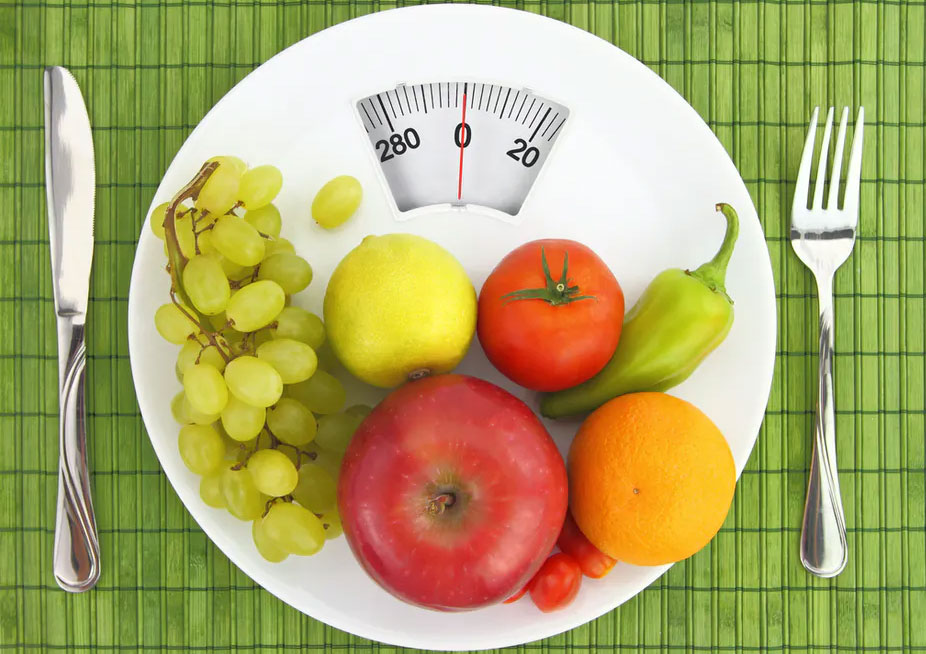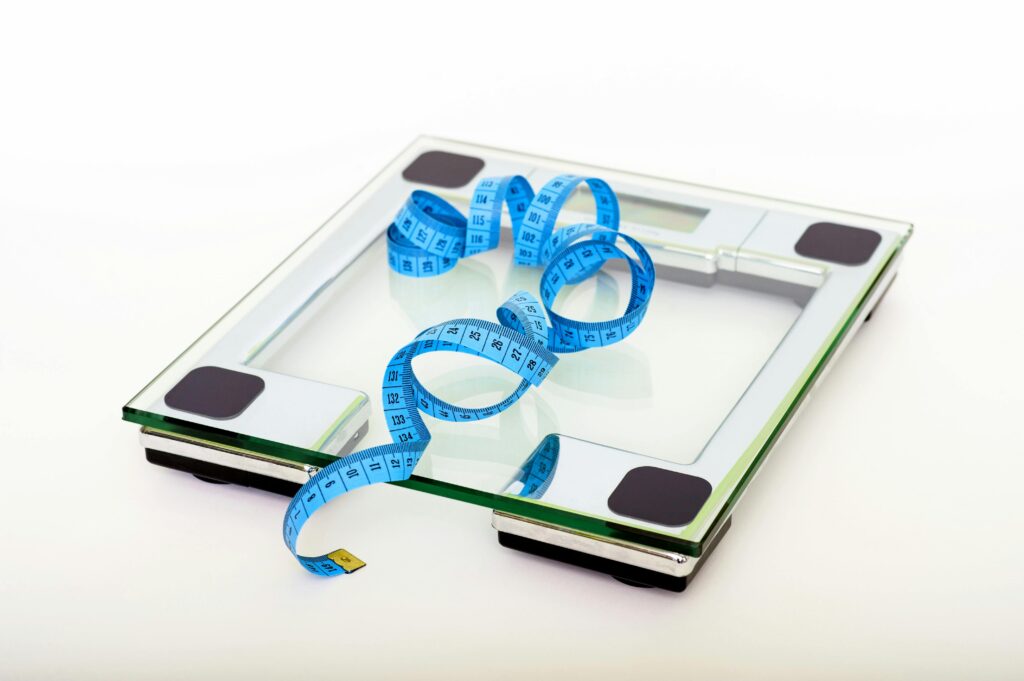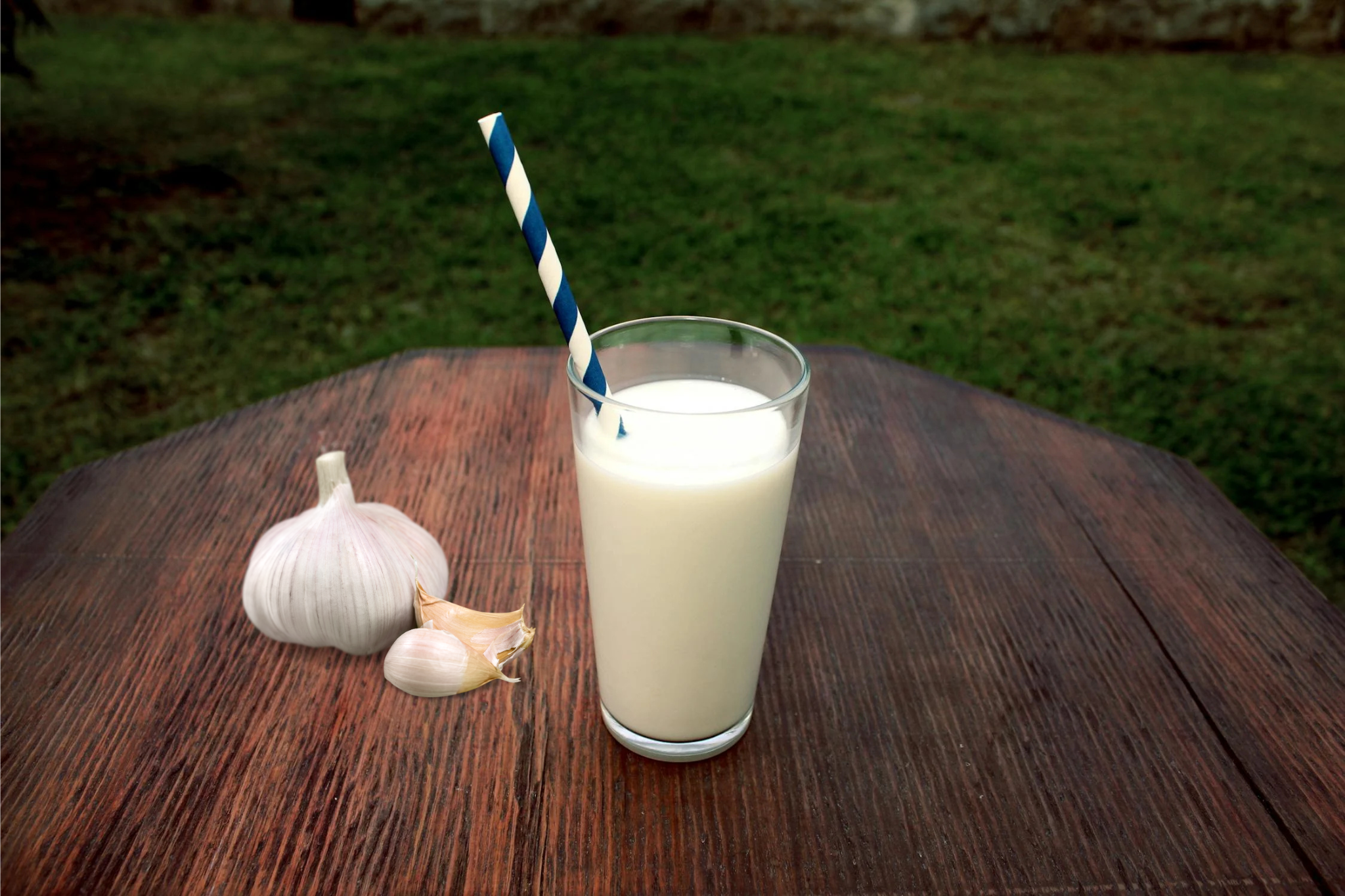Technology advances and access to the internet have made it easier than ever to find almost anything online.
You only need to Google your query, and within a fraction of a second, you’ll have the answer.
You can find numerous weight loss tips by searching for “weight-loss tips.” The results often give you the impression that there’s a quick fix or a one-size-fits-all solution, but that’s not true at all, since there’s a lot of incorrect information as well.
Quacks are individuals without relevant degrees/diplomas who mislead others. You most likely heard people say things like, “I want to lose weight, so I’m going to start taking these fat-burning pills!
Or “I want to lose weight, so I’m going to eliminate all carbohydrates from my diet!“ Or “I have an important wedding to attend. I’m doing a ketogenic diet to lose weight,” Or “I’m doing a gluten-free diet to get back into my small-sized clothes”.
The risk of harming your health later lies in listening to and following random advice when you are trying to lose weight.
Top 8 Biggest Myths About Weight Loss
Myth 1: Eliminate Certain Foods to Lose Weight
Fact: There is no scientific evidence that the most popular trending diets, like the ketogenic diet or Atkins Diet, which suggest you exclude carbohydrates from your diet, are effective or practical in the long term for losing weight.
Ketogenic diets may prove harmful for many due to their high-fat intake.
For those who suffer from celiac disease or thyroid disorders like hypothyroidism, the gluten-free diet is recommended. However, normal people cannot lose weight on a gluten-free diet.
Each nutrient in food plays a role in maintaining your health. A short-term weight loss result occurs when you eliminate carbohydrates or any food with calories from your diet.
Myth 2: The Number on the Weighing Scale Must Reduce
Fact: Losing weight is a multidimensional process. People might even find that their weighing scale number increases after starting a workout program, but don’t understand that weighing scale numbers aren’t always an accurate reflection of the hard work being put in.
Working out causes your muscle fibers to tear, and your body temporarily retains fluid as it repairs and rebuilds them. That’s why you see water weight on the scale.
Depending on how much fluid, food, and sodium you consume, your weight can fluctuate from hour to hour.
There is no way for a scale to distinguish between actual weight (fat, muscle, etc.) and temporary weight (food and drink). According to your level of hydration and salt intake, your weight can vary by up to 4-5 kilograms.
That is why people who follow the GM diet lose weight. It is better to keep going and reduce slowly rather than get stuck on weighing balance readings.
Myth 3: All Calories Are the Same
Fact: On oxidation, one gram of carbohydrates gives 4 kcal, one gram of protein gives 4 kcal, one gram of fat gives 9 kcal, and one gram of alcohol gives 7 kcal. Are all calories the same?
We process calories differently depending on the type of food we eat. It is better to count calories while losing weight, but having quality calories is even more important.
Each food passes through a distinct metabolic pathway and affects hunger, metabolism, and weight-regulating hormones in different ways.
Switching from simple carbohydrates to complex carbohydrates and protein, and optimizing the function of certain hormones related to weight, can boost metabolism, reduce appetite, and decrease cravings, for example.
Myth 4: Consume Minimal Calories to Lose Weight Fast
Fact: While there is no doubt that you lose weight only by eating fewer calories, long-term under-eating may upset your hormones, resulting in overeating and slowing your metabolism to conserve fat because your body mixes up starvation with your deliberate efforts to eat less.
Find a day every week when you can eat normally to keep your hormones functioning properly.
Myth 5: Intense Exercise Can Help You Lose Weight Without Controlling Your Diet
Fact: If you don’t control what you eat, exercising is a waste of time and effort. As a thumb rule, diet helps reduce weight 80 percent, and exercise helps reduce weight 20 percent.
Myth 6: Eating late at Night Will Make You Gain Weight
Fact: Eating a heavy dinner late at night can contribute to weight gain if it becomes a routine habit. You shouldn’t starve yourself, though, if you work out at night or haven’t eaten much throughout the day.
Make smart food choices. In the case of night shift workers, a light snack of protein and complex carbohydrates can help you stay satisfied.
Myth 7: Sweet Fruits Will Increase Your Weight
Fact: Despite fruit containing natural sugar (Fructose), its glycemic index per gram is 19, while table sugar has a glycemic index of 65, which means it does not cause an increase in blood sugar levels.
You should not completely exclude fruits from your diet because they contain fiber, vitamins, and minerals that are excellent for your health. Sugar absorption in the blood is slowed down by fiber in fruit.
Although healthy foods are also weight-loss friendly, consuming too much of anything can slow down the process. A healthy, balanced diet that includes a variety of fruits every day won’t cause weight gain at all.
Myth 8: Consume Diet Foods and Drinks to Lose Weight
Fact: Diet and gluten-free foods can actually increase your weight, as they are highly processed and filled with additives to make them more appealing.
The increase in oxidative stress caused by these products can lead to hormonal imbalances and weight gain.
Final Thoughts: How Can Dr Jyoti Singh’s Nutrition Pearls Help You?
There’s a lot of confusion nowadays about different diets and weight loss methods. It often seems easier to follow the latest trend, assuming it to be a new “magic bullet.”
However, the most effective way to lose weight and maintain good health is to consume fewer but higher-quality calories, exercise for at least five days a week, engage in strength training, get 8 hours of sleep, and follow only science-backed information provided by qualified nutritionists or dietitians.










